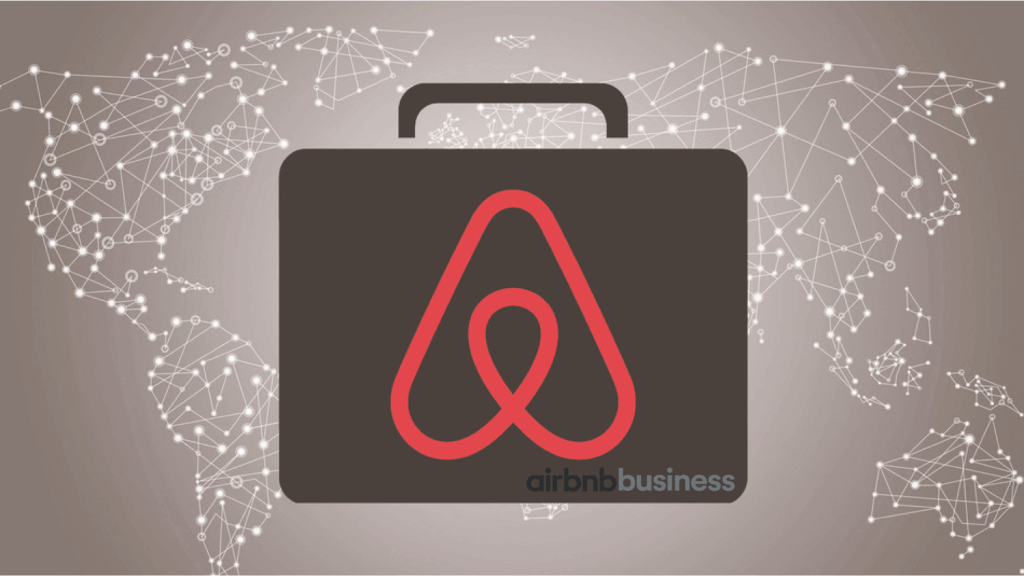
The first international meeting of hotel representatives and city officials will be held in New York to discuss ways to regulate Airbnb and other platforms.
Airbnb and its peers have left a deep enough scar on hotels around the world and created enough of a headache for officials in areas with housing crunches that also draw large volumes of tourists that representatives for cities and hotels around the world are joining forces to combat the short-term rental company.
A group of hotel industry representatives from the US, Canada, France, Spain, the UK, Ireland, Italy, Denmark, Japan, Colombia, Ecuador, Argentina, and Australia will attend a conference with presentations by several city officials, hotel groups, and academics to discuss strategies for regulating Airbnb and other short-term rental platforms, which have become home to a growing number of commercial agents who manage large volumes of listings.
“There’s a commonality of negative outcomes” around the world, said Vijay Dandapani, the president and CEO of the Hotel Association of New York City, in an interview with BuzzFeed News. “Short-term rental platforms treat these as isolated events, particular to that city, but that is not the case. What happens in Perth is almost identical to what we face here in New York City.”
Dandapani, who organized the conference, said because the challenges are similar around the world — a negative impact to the hotel industry, to the housing supply, and the local community — hotels, cities, and affordable housing advocates need to develop a collective response. “We’re a fragmented industry versus the platforms. There are maybe just three to four of them and they have a global unified strategy,” he said.
And they’re big businesses now. On Friday, Airbnb reported more than $1 billion in revenue in the latest quarter; HomeAway (which is owned by Expedia) reported $410 million in quarterly revenue, and Booking.com said as of the end of September, it had more than 5.7 million listings in homes, apartments, and other “alternative accommodations,” up 21% year over year.




